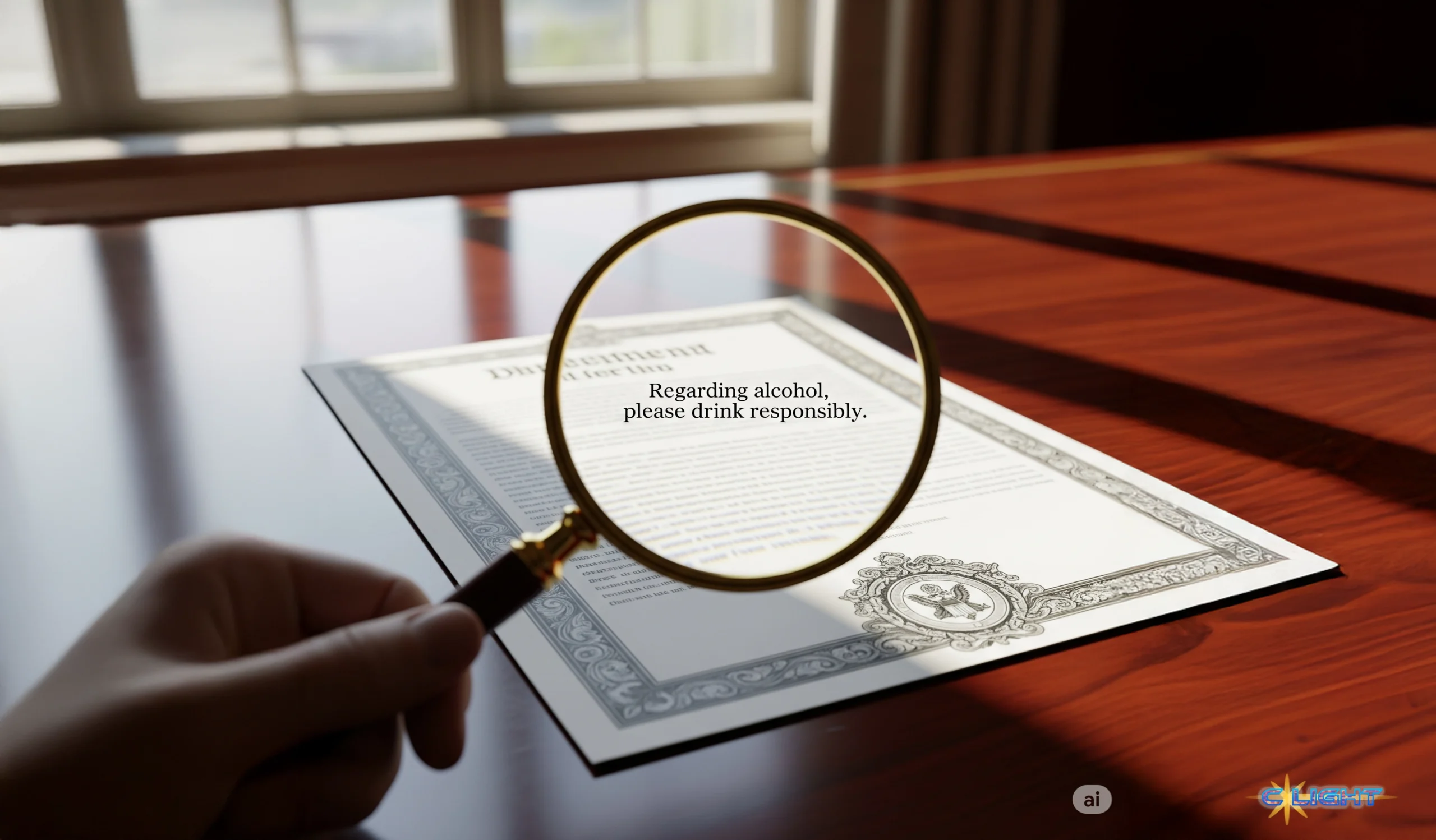In a move of breathtaking stupidity, one that could only be conceived in the swampy intersection of corporate lobbying and political cowardice, the U.S. Department of Health and Human Services has decided to solve the public health crisis of alcohol consumption by simply pretending it doesn’t have an opinion on it. The federal government, in its infinite wisdom, is set to abandon its long-standing, specific, and scientifically-grounded advice on daily drinking limits. In its place, Americans will be treated to a vague, toothless platitude about “moderation,” a word so meaningless it could have been focus-grouped by the very industry that profits from its ambiguity.
This, we must understand, is a great victory for the health and well-being of certain political appointees. It will undoubtedly make lunchtime cabinet meetings less awkward for officials like Defense Secretary Pete Hegseth, who can now come to work late, already hammered, secure in the knowledge that he is no longer violating any pesky federal guidance. For the rest of America, however, it is a catastrophic failure of governance that will be measured in rising rates of liver disease, cancer, and, as you so rightly pointed out, Charles, very likely an increase in drunk driving arrests and the tragic deaths that follow.
Let’s be clear about what is being dismantled. For decades, the Dietary Guidelines for Americans—a document that influences everything from school lunches to your doctor’s advice—has contained a simple, clear recommendation: men should consume no more than two alcoholic drinks per day, and women no more than one. This was not a random number; it was a baseline derived from a mountain of evidence about health risks. Now, according to extensive reporting, that clarity is being replaced by a single, unhelpful sentence. It is the public health equivalent of replacing a detailed map with a Post-it note that says, “Try not to get lost.”

The administration’s official justification for this act of intellectual vandalism is that the science supporting specific daily limits is not “robust” enough and that the scientific reports are “conflicting.” This is a masterclass in strategic cowardice. Yes, science is full of nuance. One study may show moderate drinking is linked to a lower risk of stroke, while another, more powerful study shows it’s linked to a higher risk of breast cancer. This is how science works. The job of a public health agency is to weigh that evidence and provide the clearest possible guidance for the public good. It is not to throw its hands up in the face of complexity and declare that since the science isn’t perfectly simple, we should say nothing at all.
This decision becomes even more galling when viewed in its global and scientific context. The World Health Organization, an entity that actually prioritizes health, classifies alcohol as a Group 1 carcinogen, placing it in the same lethal category as asbestos, radiation, and tobacco. They state unequivocally that there is no safe level of alcohol consumption. Our closest allies, like the UK and Canada, provide detailed, quantitative guides to help their citizens make informed choices. The U.S., under the “leadership” of Secretary Robert F. Kennedy Jr., is choosing to run in the opposite direction, sprinting toward a policy of deliberate ignorance.
And why? Why, at a time when former Surgeon Generals are calling for explicit cancer warning labels on alcohol, would the administration choose to weaken its stance? The answer, as is so often the case in Washington, can be found by following the money. As Reuters reported, alcohol industry giants like Diageo and Anheuser-Busch InBev have spent millions of dollars lobbying Congress and the administration on these very guidelines. Their investment paid off handsomely. The moment the news of the policy change broke, their stock prices hit an intraday high. Wall Street, at least, understands cause and effect. This isn’t a public health decision; it’s a massive return on investment for a powerful corporate lobby.

Of course, no one is naive enough to think that college students or friends heading out for a night on the town are first checking the HHS website for guidance. But that misses the point entirely. These guidelines form the official foundation of our national health conversation. They are what doctors use to advise their patients, what public health campaigns are built upon, and what constitutes the government’s official position on a substance that is the third leading preventable cause of cancer.
To voluntarily abandon this responsibility is an act of profound cynicism. It is an insult to the intelligence of the American people and a betrayal of the fundamental mission of public health. The administration has looked at a complex problem, weighed the health of its citizens against the lobbying budget of a powerful industry, and made its choice. So, let’s raise a glass to their decision—just don’t ask them how many you’re allowed to have. They no longer have an answer.
Discover more from Clight Morning Analysis
Subscribe to get the latest posts sent to your email.










